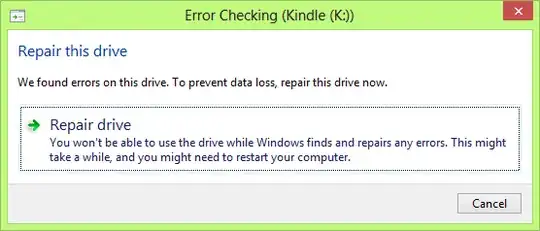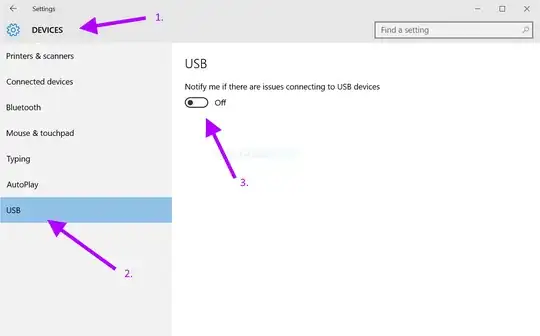Whenever I unmount a USB drive with Nautilus and plug it to a Windows machine, I receive a warning that the drive needs to be repaired.

(the same message like in this screenshot)
For 10+ years working with windows I never had a corrupted or damaged USB drive but during the last two years three of my USB drives became inoperative, so I cannot prove it, but it's obvious that this is related to Ubuntu's (un)mount behavior.
A friend told me I can prevent such damage using udisks and sync, but I hope this is not the way to do it, mounting drives with shell commands in 2016.
